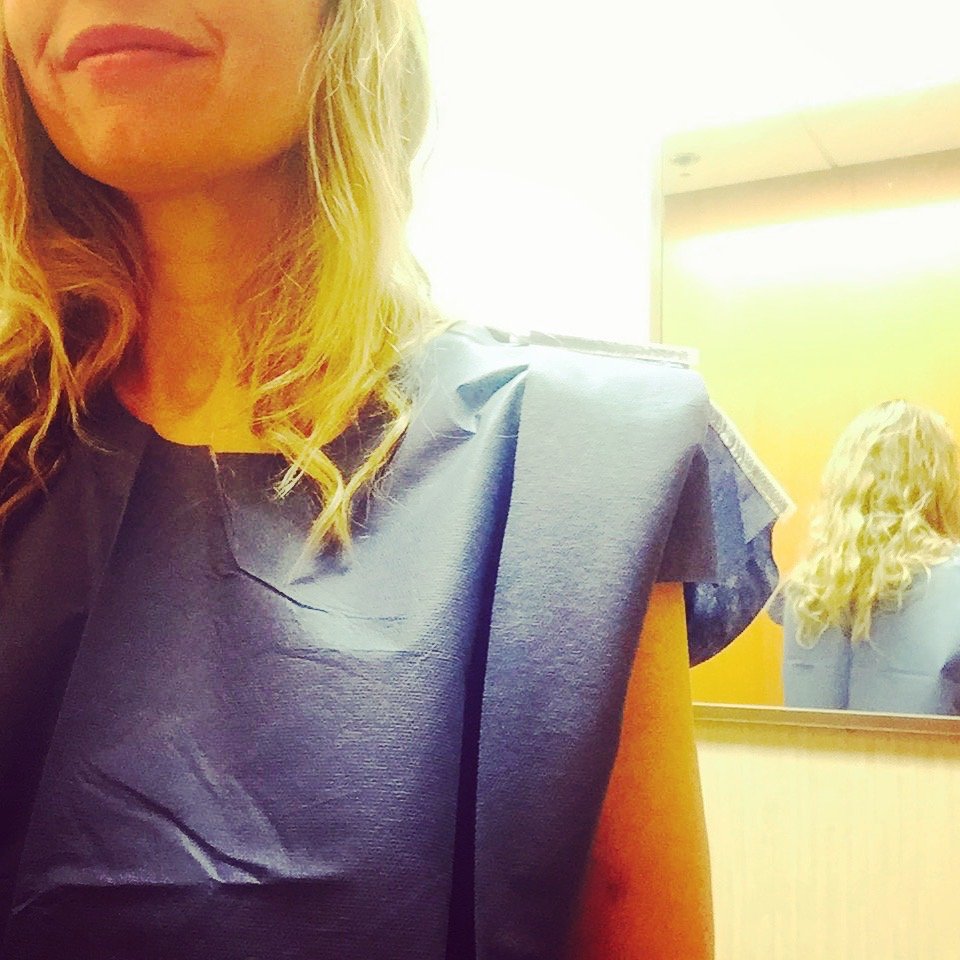I’d never heard of Spontaneous Coronary Artery Dissection (SCAD) before the doctor told me I had it. I never imagined I would get such a crazy diagnosis.
I’m not alone. Tens of thousands of otherwise healthy women and some men experience this type of heart attack. Join me in helping to advocate for answers.
#1: Get educated and support journalism covering this important topic:
in Women’s Health: This Heart Attack Targets Young, Active Women and Doctors Don’t Really Know Why
in The Guardian: Jen didn’t fit the profile for a heart attack – then she had three of them | Health | The Guardian
in BBC: SCAD: Sisters had heart attacks just days apart due to rare condition
on CBS News: Doctors say some women with no risk factors can still be susceptible to heart attack
on The Today Show: Mom, 33, recalls early signs she was having a heart attack that she dismissed: ‘Listen to your body’
in People Magazine: Utah Mom, 33, Has Heart Attack After Walking on Treadmill, 4-Year-Old Son Told His Dad She Was 'Sleeping'
#2: Consider donating for a cure
